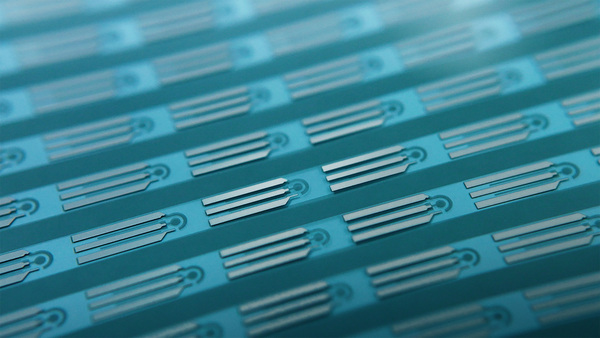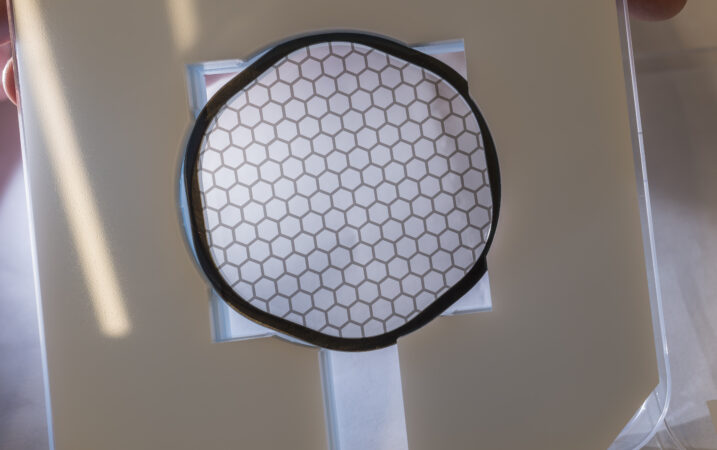Next-generation carbon nanotube electrochemical sensors for liquid biopsy applications
Rantataro et al. (2025): https://doi.org/10.1016/j.elecom.2025.107967
Highlights:
- Sub-picomolar ctDNA detection recorded in undiluted human plasma under 45 min.
- Sensor technology was selective against wildtype and other mutation sequences.
- Pristine SWCNT sensors show different assay performance than screen-printed SWCNTs.
- Click-chemistry ready functionalized casein assay shows low background signal.
Abstract:
The detection and quantification of circulating tumor DNA (ctDNA) from blood samples offers a non-invasive approach for cancer diagnostics and treatment monitoring. Although high-sensitivity and specificity assays are available based on polymerase chain reaction and next-generation sequencing, cost of these assays remains very high and results are typically achieved after days from sampling.
Contrasting that, we report the development of a highly-sensitive electrochemical sensor assay, which is based on pristine carbon nanotube (CNT) electrodes functionalized with casein blocking layer and sequence-specific probes for ctDNA. The device demonstrated a 0.9 pM limit of detection towards ctDNA-related oligonucleotide sequences in undiluted human plasma, without applying DNA amplification strategy. Additionally, the assay was specific towards the target DNA and did not generate any distinguishable signal when incubated with wildtype sequence at high-concentration (500 pM).
Contrasting to many other electrochemical sensor materials and assays that have previously demonstrated high sensitivity, our CNT-based assay provides results in less than an hour with a simple two-step assay. Additionally, the SWCNT sensors are manufactured at mass manufacturing scale, making this platform suitable for point-of-care applications.


